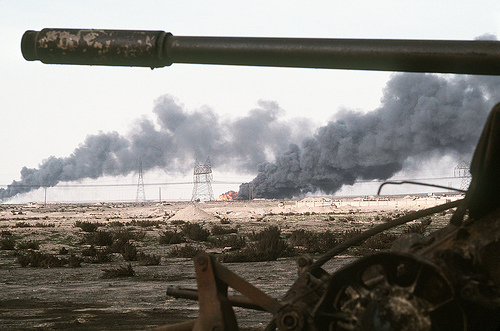 People who are not Christian and not religiously observant report higher dream recall and a higher frequency of most typical dreams. That’s one of the initial findings from a study I’m doing on the demographics of dreaming, based on survey results from 2992 American adults. Most religious traditions regard dreams as spiritually significant. But the people who are most engaged with their dreams in present-day America tend to be those who are not affiliated with mainstream Christianity and who rarely or never attend worship services.
People who are not Christian and not religiously observant report higher dream recall and a higher frequency of most typical dreams. That’s one of the initial findings from a study I’m doing on the demographics of dreaming, based on survey results from 2992 American adults. Most religious traditions regard dreams as spiritually significant. But the people who are most engaged with their dreams in present-day America tend to be those who are not affiliated with mainstream Christianity and who rarely or never attend worship services.
Compared to Protestant and Catholic Christians, people who answered “Other/None” to the question of their religious affiliation reported the highest frequency of dreams of chasing, sexuality, falling, flying, and being able to control their dreams. Similarly, people who never attend religious worship services have higher dream recall and higher frequencies of many types of dreams as compared to people who attend worship services once a week or more. These findings are consistent with the results presented in chapter 3 of my 2008 book American Dreamers:
“Non-religious people report more of every type of dream, especially sexual dreams.” (91)
That finding came from a survey in 2007 of 705 American adults. The appearance of the same pattern in the 2010 survey suggests the correlation may be worth pursuing for the new light it can shed on the psychology of religion.
The new survey has the advantage of including narrative dream reports from many of the participants. I’m just beginning to sift through this data using word searches and other methods of analysis.
Here are a couple of short nightmares from the “Other/None” people who never attend worship services:
“I often have nightmares about spaceships, or unknown forces coming across a horizon, often with a sense of impending doom. The anticipation of death lasts and lasts and lasts…eventually i wake up.”
“I was being chased by a huge blob monster that looked like purple jello. I shot it with a rifle, but it broke up into several monsters. I ran into a house that looked like a Disney castle, and it swallowed the house.”
Here are two from Born-again Christians:
“I was falling in a fast freefall with no end in sight and as I went further I know I was trying to scream but only a low gutteral sound was coming out. I heard myself make that noise and sat up sweating and scared.”

